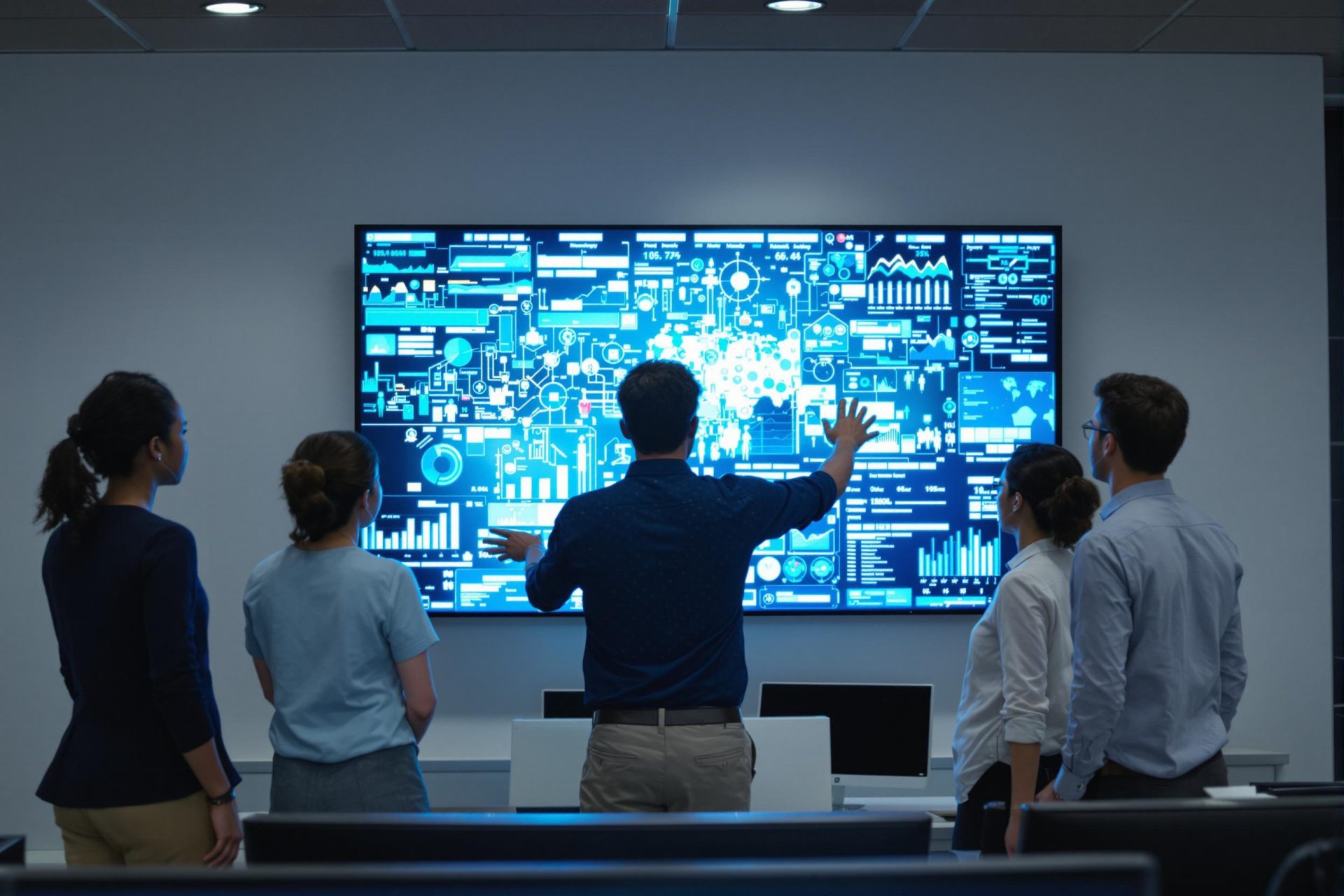Key Takeaways
- Artificial intelligence is seen as another technological shift, similar to the advent of spreadsheets or search engines.
- AI is expected to elevate human work by automating repetitive tasks, allowing people to focus on value-added activities.
- Goldman Sachs is actively integrating AI, with a future where employees manage AI agents.
- While some job displacement is possible initially, new job roles are anticipated to emerge, balancing the workforce.
- AI tools, like other technologies, will require management, including retraining or decommissioning.
Concerns about artificial intelligence impacting jobs are understandable, but it’s helpful to see AI as another major transition in how we work. That’s the view of Goldman Sachs chief investment officer Marco Argenti, who draws parallels to past shifts like the introduction of Excel or search engines.
Argenti suggests AI will allow people to focus on “what part of your job is like something that you really feel that you add unique value.” He believes it “elevates your work rather than doing repetitive tasks.”
His perspective is shaped by a deep understanding of technology. Before joining Goldman Sachs, Argenti was involved in tech integration at Amazon’s AWS cloud services division, starting in 2013 during the rise of cloud computing.
He moved to Goldman Sachs in 2019, just as AI began to gain more mainstream traction. Argenti estimates that “close to two-thirds of the organization in one way or another is exposed to an AI tool” at the investment bank.
AI adoption typically happens in stages, he explained. It starts with making existing processes more efficient, then moves to deeper integration, and eventually involves using AI agents for tasks like analysis and data extraction from reports.
These AI agents could be scaled similarly to how human teams are managed, with some agents “outsourced to other agents,” much like managers oversee their staff, Argenti noted in an interview on the Opening Bid podcast, as reported by Yahoo Finance.
Initial reactions to AI often centered on fear of job losses. In 2023, concerns included lack of human insight and creativity. Goldman Sachs itself estimated AI could affect up to 300 million jobs, and surveys indicated many business leaders anticipated layoffs due to AI.
The economy has also seen AI-driven fluctuations, with companies like Nvidia making headlines and new AI models challenging established players.
However, Argenti points out that AI isn’t a simple replacement for people. AI agents themselves have a “shelf life.” He said, “Essentially, you shut them down or retrain them. You can actually put them back to the drawing board and retrain them.”
He envisions a future where people and machines coexist, each contributing their best talents. “You might have some job displacement at the beginning, but then those industries tend to create a lot of new jobs,” Argenti observed.
He cited Goldman Sachs’ own workforce: “We have 12,000 developers within Goldman Sachs out of 45,000 people. If we didn’t have computers, we wouldn’t have those people, and so generally it rebalances itself.”
“I think that will be the same for AI, except there is a certain velocity,” he concluded, suggesting the changes with AI might happen more quickly than previous technological advancements.



